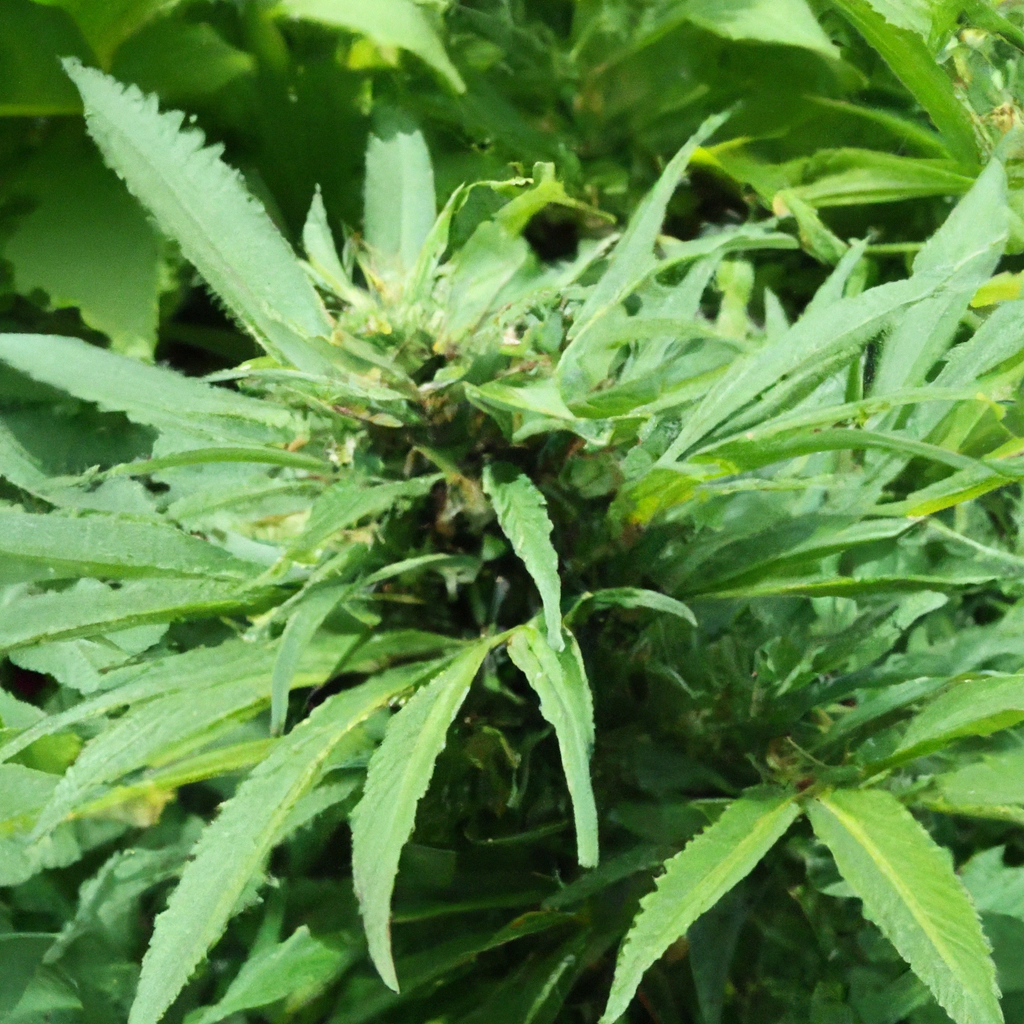Your cart is currently empty!
Organic cannabis cultivation is gaining traction among growers seeking sustainable, chemical-free methods to
produce high-quality yields. Drawing on symbiotic soil health, natural fertilizers, and eco-friendly pest
control, organic growing emphasizes a more harmonious relationship with the environment. Here’s how you can
optimize your organic cannabis cultivation practices.
Nurturing Your Soil Ecosystem
Healthy soil is the cornerstone of any successful organic cannabis grow. To build a thriving soil ecosystem,
consider these steps:
- Compost and Mulch: Integrate nutrient-rich compost and mulch into your soil to enhance
fertility, water retention, and microbial activity. - Cover Crops: Plant cover crops like clover or vetch during off-seasons to prevent weed
growth and enhance soil structure. - Biodiversity: Cultivate a variety of plants around your cannabis to encourage natural
pest predators and stronger soil health.
Harnessing Natural Fertilizers
Steering clear of synthetic chemicals doesn’t mean compromising on nutrients. Natural fertilizers offer
outstanding benefits:
- Fish Emulsion and Kelp Extract: Both are rich in essential nutrients like nitrogen and
potassium, promoting robust growth. - Bone and Blood Meal: Excellent for providing phosphorus and nitrogen, essential for
flowering and vegetative stages. - Worm Castings: This powerhouse fertilizer enhances soil microbiology while offering a
mild nutrient boost.
Eco-Friendly Pest Control Methods
Keeping pests at bay while remaining organic is achievable with these eco-conscious techniques:
- Beneficial Insects: Introducing ladybugs or predatory mites can naturally curb pest
populations without harmful chemicals. - Neem Oil: A plant-based remedy that deters and controls common pests like aphids and
spider mites. - Companion Planting: Use aromatic plants like basil or rosemary to naturally repel
insects and enhance growth.
The Advantages of Organic Cannabis
Going organic isn’t just better for the environment—it also improves the end product. Organic cannabis is
often richer in cannabinoids and terpenes, offering an enhanced flavor profile and potentially more
pronounced effects. Moreover, organic methods contribute to healthier yields and support biodiversity.
Conclusion
Embracing organic cannabis cultivation fosters not only a more sustainable ecosystem but also a superior
product. By nurturing soil health, utilizing natural fertilizers, and employing eco-friendly pest control
methods, growers can significantly impact the environment positively while producing high-quality cannabis.
Explore these best practices to ensure your cannabis cultivation is as green and robust as possible.


Leave a Reply